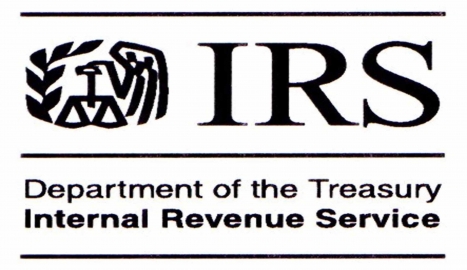The IRS seized more than $150,00 from a convenience store owner’s bank account in 2014 – virtually all the money he had in the world – even though he did absolutely nothing wrong. It has taken the taxpayer nearly two years to get the money bank and it’s likely he would not have been successful without the aid of a tax professional.
The unwitting victim was Khalid “Ken” Quran who owns and runs a small store in Greenville, North Carolina. His crime? Quran made frequent cash withdrawals from the bank account, a normal occurrence for someone in his line of work. However, the cash payouts triggered an IRS action intended to thwart drug trafficking, money laundering and organized crime and terrorist activities — not providing change to purchasers of lottery tickets and cigarettes.
The IRS was acting under the authority of the Bank Secrecy Act (BSA). The BSA requires a person who conducts a business cash transaction involving more than $10,000 to file Form 8300 with the IRS. But that’s not all. If the IRS sees a series of smaller transactions that skirt this reporting rule – an act known as “structuring” — it can step in and seize the person’s bank accounts.
The IRS is on high alert for structuring. In fact, it has devoted a special section of its employee manual to examining suspicious activities. But a side effect is that plenty of legitimate business people – everyone from owners of convenience stores to restaurants and bars to laundromats –are at risk.
Quran was actually more fortunate than some others. The IRS moved quickly to seize his assets in June, 2014, but eventually the Institute for Justice (IJ), a nonprofit libertarian law firm, took the case on a pro bono basis. In the meantime, Quran was able to secure a $50,000 line of credit to keep his business afloat.
“I’m working every day, seven days a week,” Quran told CNN Money before the IRS settled the matter. “They don’t have a right to treat me like that.” The IJ attorney representing Quran, Robert Everett Johnson revealed on March 4 that the convenience store owner will be repaid in full. The IRS has refused to comment on the case in any way, citing privacy laws.
At least the IRS has revised its policies. In October 2014, it announced that it will stop pursuing structuring cases just because there has been a series of cash transactions under $10,000 if there’s no indication of foul play. But the agency is still handling cases of more than 600 taxpayers who had about about $43 million seized since 2007.
One other high-profile case involves Maryland dairy farmer Randy Sowers. The IRS seized $60,000 from Sowers, who is also represented by the IJ, and has only returned half of that amount. Sowers’ attorney has petitioned the IRS to get the rest back.
If the IRS goes after one of your clients for structuring, you have an opportunity to be a hero. Take swift and decisive action to protect their interests in all tax matters.
Thanks for reading CPA Practice Advisor!
Subscribe Already registered? Log In
Need more information? Read the FAQs
Tags: Firm Management, IRS




